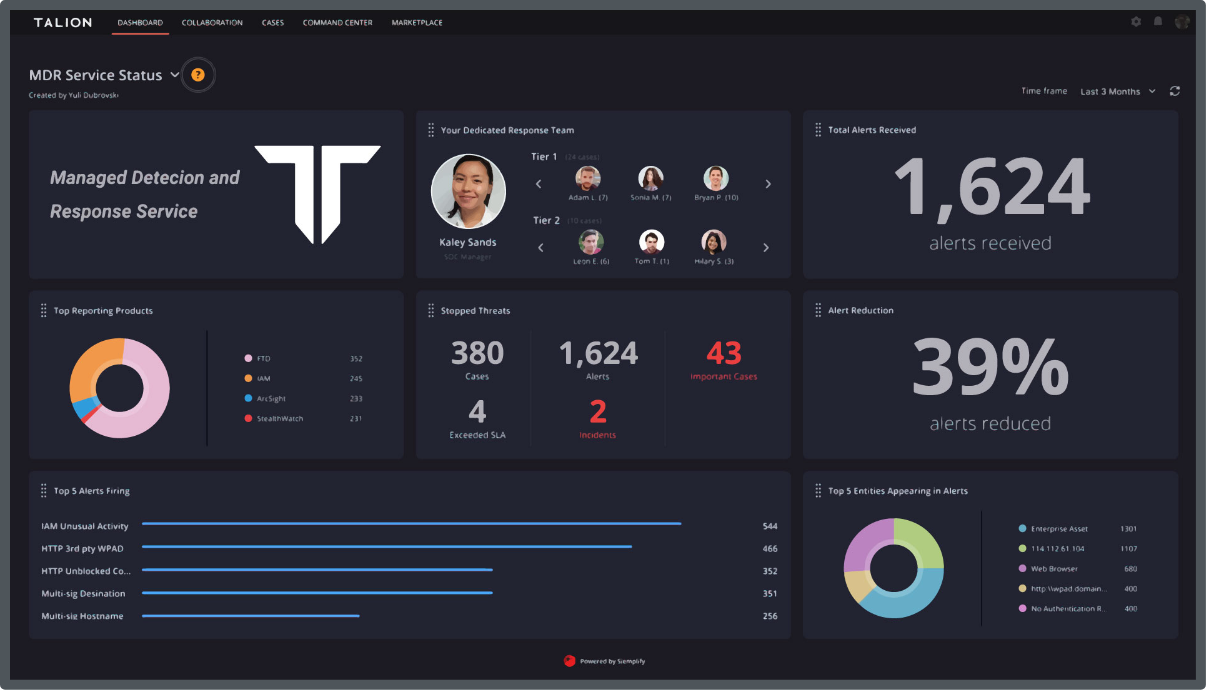Many of us are wary of the looming recession as we take on 2023. With the cost-of-living crisis and the rise of inflation, households are struggling and so are businesses.
We’ve seen, particularly in the technology industry, the impact the potential recession is having on job security – Twitter, Microsoft, Google (amongst other big tech firms) have made thousands of staff redundant to streamline spending.
But what does the recession mean for CISOs?
What do companies do when they’re faced with uncertainty and unsure what to do?
See what other companies do.
And then do that too.
This is certainly what happened when Elon Musk declared he was laying off around 50% of Twitter employees, upward of 3,700 people, and then major tech companies such as Google, Amazon and Salesforce followed suit.
As an observer, it’s interesting to see events like this unfold. Some may say that Elon Musk as a business leader must make admirable choices if businesses were so quick to jump to the same solution he did, or perhaps these businesses already had the idea in mind but wanted to soften the blow by launching it after Twitter had already done so. After all, news like this is never likely to go down lightly.
Either way, global tech companies have set the standard for what is in store this 2023, with budgets likely to be streamlined in all areas in order to realign business strategy against growing economic uncertainty. Microsoft is one of the most recent companies to do so, laying off 10,000 employees in order to cost-cut.
The recession is clearly impacting how business leaders spread their costs.
But, where does cyber security budget lie amongst all of this?
It’s easy to assume that because of the recession cost-cutting, cyber security job roles and budgets will also take a hit, but this isn’t necessarily the case. When we look closely, cyber security data remains the same – cyber criminals are still out there and attacking organisations regardless of the economy (and perhaps even more so).
If anything, organisations should be valuing cyber security roles as safe and ever increasingly important.
Gartner predicts that global spending on security and risk management will grow by more than 11% in 2023, up from $158 billion in 2021 to $188 billion. This gives CISOs the capacity to invest further in building their own security operations team or outsource for a hybrid experience tailored to suit their requirements.
Yes, jobs may be cut and budgets may decrease, but cyber security should be top of mind for business leaders if they want to avoid the greater uncertainty of a cyber attack – because if it isn’t, businesses, employees and customers will suffer the consequences.
Businesses want to take back control in times of uncertainty, but what if this can be done without compromising on cyber security?
Many businesses are considering the hybrid approach because of the following 3 benefits:
Discover more about outsourcing to a Managed Service Provider in this brochure.
Whilst the impact of a looming recession cannot be ignored by business leaders – we have to face it to make the changes needed to survive it – think about the importance of where you stand as a CISO.
The recession is a wave of uncertainty, but so is a cyber attack.
Cyber attacks won’t decrease just because of economic uncertainty – if anything, the opposite.
Enhance your security strategy to give your business the stability it needs during the storm.
Discover more about what keeps security decision-makers up at night in our Hybrid SOC Research Paper.

Call us directly and we’ll put you in touch with the most relevant cyber expert.
Not currently free to call? Give us a brief description of what you’re looking for by filling out our form and we’ll email you as soon as we can.
